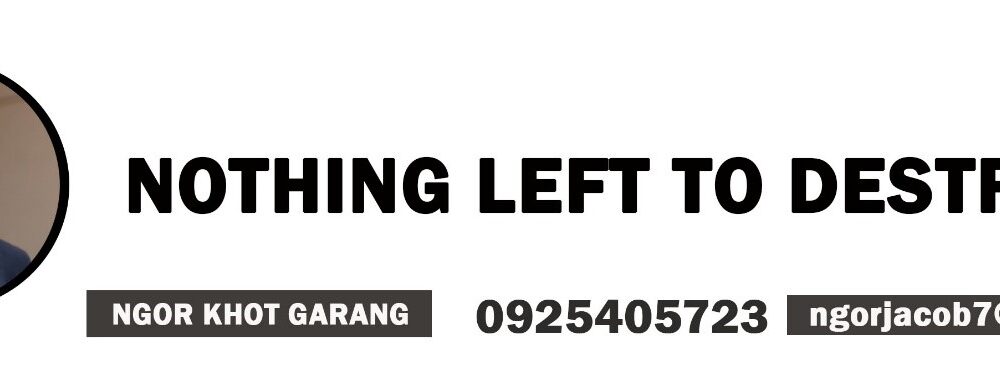Life in one of Africa’s grasslands is and has always been a duel of agility and strength. You live a hard life and die too soon. It is not always your fault. There is something missing here and it is time to relax. You will never get it because every day, you have to run to increase your chances of survival in the dangerous woodland.
You don’t need to be smart to endure here. The rules of the savannah are very simple and clear: Don’t rest and if you are a member of the herd, it is like you have been alone when that time comes because the group will continue with the run. Your only security is the speed; the rest depends on what happens in the run, maybe you have one of your legs broken, which signals the end of the road. The lucky ones have the whole day to run for their lives.
For the prey animals like impala and gazelle, every day is a busy day as there is always something to run away from. There is no holiday for these animals. Every day, they lose one of their members and the rest wait for their turn to be eaten. They have been trained in childhood, something passed down to them by their late mothers on their deathbeds, to run faster but there are times when it doesn’t work, dark days when those teachings suck.
There is no enjoyment for the prey animals. It is this harsh life from birth to death. As a child, you must fall down from the mother’s cushion and you are kicked several times by the mother animal for your legs to be strong. You must start walking on your own from the time you were born and maybe witness some of the members of the herd eaten and if you still don’t know, your birth also happens to be the beginning of your end.
In the jungle, your end is always around the corner and nothing prepares you for it but you are fully aware that it will come. It is a sunny day in the African Savannah and it is very hot. The antelopes are about to go out to eat lunch. There are about 30 of them in number but not all of them will return home, they will be taken away as lunch by the predator, and maybe 10 of them will not return with the group.
As they graze quietly, they pause every single minute to take stock of the surroundings for any danger. They don’t enjoy their meals because they may end up being meals for someone else. There is nowhere to hide in the plains. The survival of the predator and the prey depends on extraordinary abilities to successfully chase down the prey or escape from the predator.
The African Savanna just like South Sudan is the only place where survival of the fittest is played out almost on a daily basis. In the jungle, a miracle happens and the unlucky ones pray for their lives through the day and still get killed. In South Sudan, people make great miracles every day, others break records even without knowing it.
For an average South Sudanese, one doesn’t have to worry much about what to eat. Hunger is part of us and we have learned to live with it for years and it has become part of us, a good friend but there are times when this relationship is greatly tested leaving both parties not talking to each other for days, even months and even years.
It differs from families. There are those that can maintain this relationship for years subsisting on only one meal per day and there are those who can’t afford a meal per day. For these people, they have to fight hunger and it keeps getting bigger. In this struggle, you are the prey and your life is just in question. Imagine a warthog hiding comfortably in the cave to rest but disaster struck from nowhere as it was forcefully pulled out of the cave by the lion and its soft throat split in just a minute. There is no difference between a common South Sudanese and an impala in the African Savannah because they are always on the run for their own lives. Peace!




